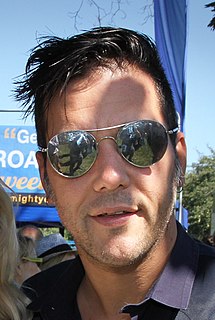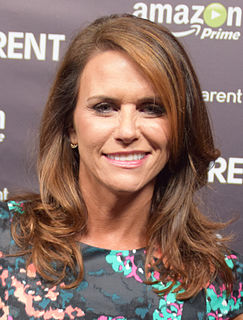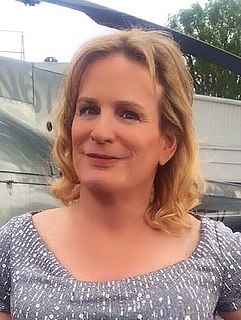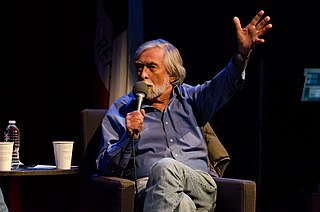A Quote by Bob Schieffer
I used to be a print reporter.
Quote Topics
Related Quotes
I didn't go to university. They offered me a job as a junior reporter and I went off to work for the Southern Reporter. They sent me to college to do my NCTJ, which is a professional exam for journalists, and I started work as a print journalist purely because I was just a pest. They couldn't think of anything other than giving me a job to stop me hanging around.
It used to be, if you were a reporter, you wrote a story and then you moved on to the next one. We were used to people coming to the New York Times. We waited for them to turn on our website or to pick up our print paper and see what we have. We now understand that we have to make our stories available to our readers. A lot of people get their news from Facebook or Twitter and we want to make sure that they see some of our best stories there, too. We do this more aggressively now than we did before.
My standards are higher than they used to be, I think. They don't necessarily have to make sense, but I certainly work on them a lot harder now -- partly because I do them on the computer, and I print them out and fix them, and print them and fix them over and over again, whereas in the early days I used to just scratch down a few things on a piece of paper.

































